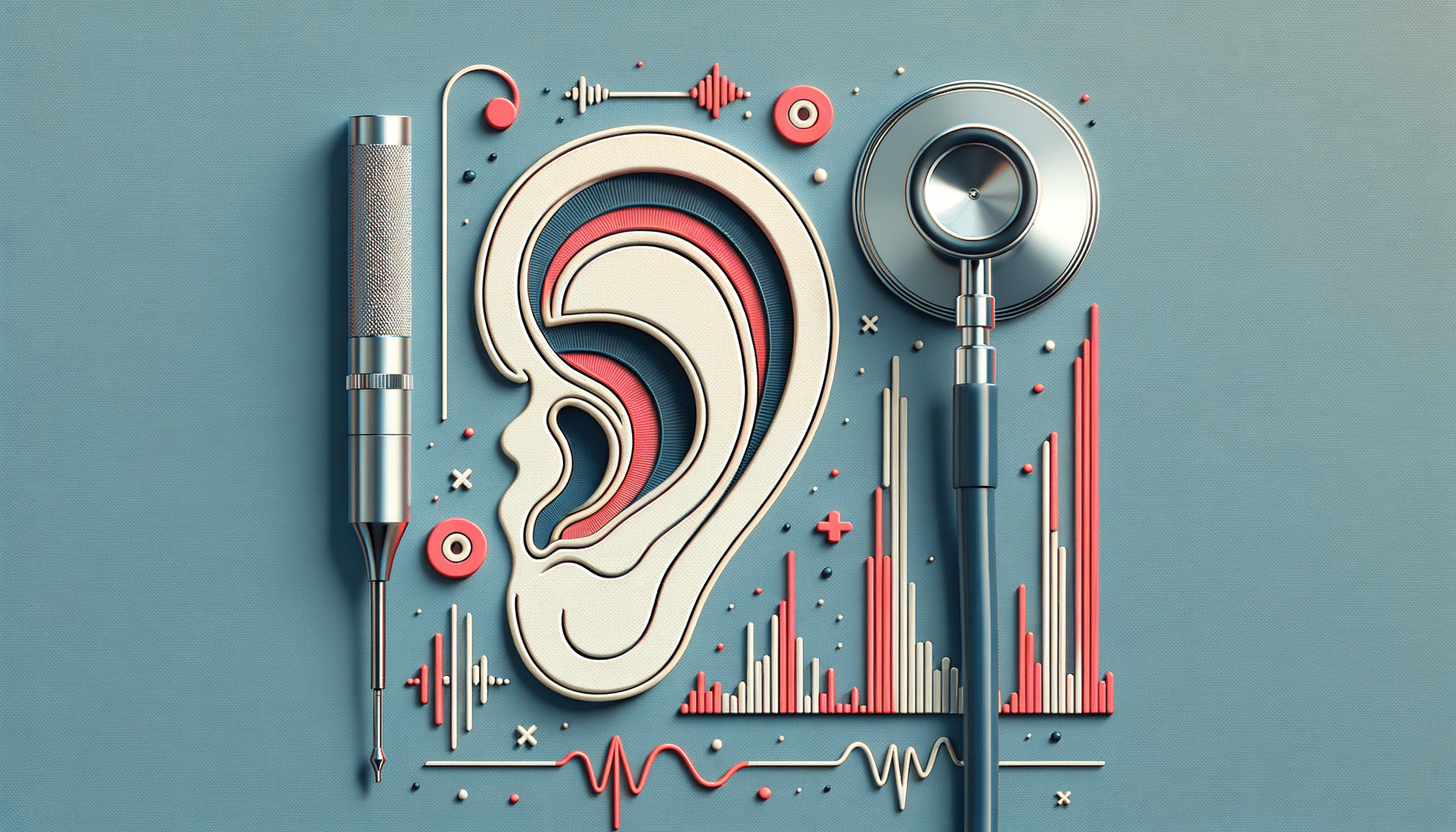
Recognize the Subtle Signs: This Depression Test Offers Insights Into Your Changing Emotions
Understanding Depression: More Than Just a Mood
Depression is a complex mental health condition that affects millions of people worldwide. It is more than just feeling sad or having a bad day; it is a persistent state that can impact every aspect of a person’s life. Understanding depression is crucial for recognizing its signs and symptoms, which can often be subtle and easily overlooked. This is where a depression test can be a valuable tool. By assessing your emotional state through structured questions, it helps in identifying patterns that might indicate depression.
Depression can manifest in various ways, including changes in appetite, sleep disturbances, loss of interest in activities, and feelings of hopelessness. These symptoms can vary greatly from one individual to another, making it essential to approach diagnosis and treatment on a personalized basis. A depression test offers insights into these symptoms by providing a framework to reflect on your emotional well-being.
One of the key benefits of taking a depression test is the ability to recognize patterns in your mood and behavior. This self-awareness is the first step towards seeking help and making informed decisions about your mental health. By understanding that depression is not a sign of weakness but a medical condition, individuals can approach treatment with an open mind and a willingness to improve their quality of life.
The Role of Depression Tests in Mental Health
Depression tests play a significant role in the early detection and management of mental health conditions. These tests are designed to evaluate the severity of depressive symptoms and provide a preliminary assessment that can guide further professional evaluation. While not a substitute for a clinical diagnosis, they serve as an important tool for individuals to gauge their mental health status.
One of the advantages of depression tests is their accessibility. Many tests are available online, allowing individuals to take them in the comfort and privacy of their own homes. This accessibility can encourage people who might be hesitant to seek professional help to take the first step towards understanding their mental health. Additionally, depression tests can be a useful resource for mental health professionals, providing a baseline assessment to monitor changes in a patient’s condition over time.
It’s important to note that depression tests should be used as part of a broader mental health strategy. They are most effective when combined with professional guidance, therapy, and, if necessary, medication. By integrating these elements, individuals can develop a comprehensive approach to managing their depression and improving their overall well-being.
Interpreting the Results of a Depression Test
Interpreting the results of a depression test requires careful consideration and understanding. These tests typically consist of a series of questions that assess various aspects of your emotional and psychological state. The results are usually presented as a score, which can indicate the likelihood of depression and its potential severity.
A higher score on a depression test may suggest the presence of depressive symptoms, but it is essential to remember that these results are not definitive. They should be viewed as an indication that further evaluation by a mental health professional is warranted. A professional can provide a more comprehensive assessment and determine the most appropriate course of action.
For individuals taking a depression test, it is crucial to approach the results with an open mind. Rather than viewing a high score as a negative outcome, it should be seen as an opportunity to seek help and take proactive steps towards improving mental health. By understanding the implications of the test results, individuals can make informed decisions about their treatment options and take control of their mental well-being.
Steps to Take After a Depression Test
After completing a depression test, it’s important to take appropriate steps based on the results. If the test indicates the presence of depressive symptoms, the next step is to consult with a mental health professional. They can provide a thorough evaluation and recommend a treatment plan tailored to your specific needs.
Seeking professional help is a crucial step in managing depression. Therapists, psychologists, and psychiatrists are trained to provide support and guidance, helping individuals navigate the challenges of depression. Therapy sessions can offer a safe space to explore emotions, develop coping strategies, and work towards recovery.
In addition to professional help, there are several self-care strategies that can complement treatment. These include:
- Maintaining a healthy lifestyle with regular exercise and a balanced diet
- Practicing mindfulness and relaxation techniques to reduce stress
- Building a support network of friends and family for emotional support
By combining professional treatment with self-care practices, individuals can create a holistic approach to managing depression and enhancing their overall quality of life.
Conclusion: Embracing a Proactive Approach to Mental Health
In conclusion, depression tests are valuable tools that offer insights into one’s emotional health. They provide a starting point for recognizing the signs of depression and taking proactive steps towards recovery. By understanding the role of these tests and interpreting their results with care, individuals can make informed decisions about their mental health journey.
Embracing a proactive approach to mental health involves seeking professional guidance, engaging in therapy, and incorporating self-care practices into daily life. By doing so, individuals can manage their symptoms effectively and work towards a healthier, more fulfilling life. Remember, taking a depression test is just the first step in a journey towards understanding and improving your mental well-being.


